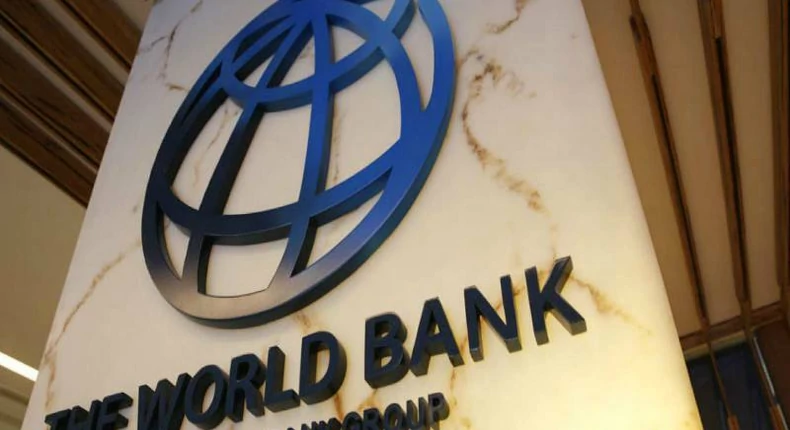As the world continues to strive for survival under the prevailing harsh economy, a recent report from the World Bank Africa’s Pulse has predicted that Nigeria’s economy will grow at 2.9 per cent in 2023. The global financial body said this is fuelled by lower international prices and currency pressures affecting oil and non-oil activity.
It also added that economic growth in Sub-Saharan Africa is forecast to decelerate to 2.5 percent in 2023, from 3.6 percent in 2022, where South Africa’s GDP is expected to only grow by 0.5 percent in 2023 as energy and transportation bottlenecks continue to bite harder.
According to the World Bank, the rising instability, weak growth in the region’s largest economies, and lingering uncertainty in the global economy are retarding growth prospects in the region.
Making a generalization on the continent’s economic struggles, the World Bank averred that Sub-Saharan Africa’s economic outlook remains bleak amid an elusive growth recovery, and warned that to avert a “Lost Decade,” Africa must urgently achieve stability, increase growth, and create Jobs.
READ ALSO: Wunderman Thompson Launches AI Creative Testing Solution
Expressing dissatisfaction over the devastating economic outcome, Andrew Dabalen, World Bank Chief Economist for Africa, lamented that the region’s poorest and most vulnerable people continue to bear the economic brunt of this slowdown, as weak growth translates into slow poverty reduction and poor job growth.
“With up to 12 million young Africans entering the labor market across the region each year, it has never been more urgent for policymakers to transform their economies and deliver growth to people through better jobs.
“Nigeria and Angola are projected to grow at 2.9% and 1.3% respectively, due to lower international prices and currency pressures affecting oil and non-oil activity. Increased conflict and violence in the region weigh on economic activity, and this rising fragility may be exacerbated by climatic shocks,” he said.
It also predicted that in Sudan, economic activity is expected to shrink by 12 percent because of the internal conflict which is halting production, destroying human capital, and crippling state capacity.
It, therefore, revealed that per capita terms, growth in Sub-Saharan Africa has not increased since 2015. In fact, the region is projected to contract at an annual average rate per capita of 0.1 percent over 2015-2025, thus potentially marking a lost decade of growth in the aftermath of the 2014-15 plunge in commodity prices.

